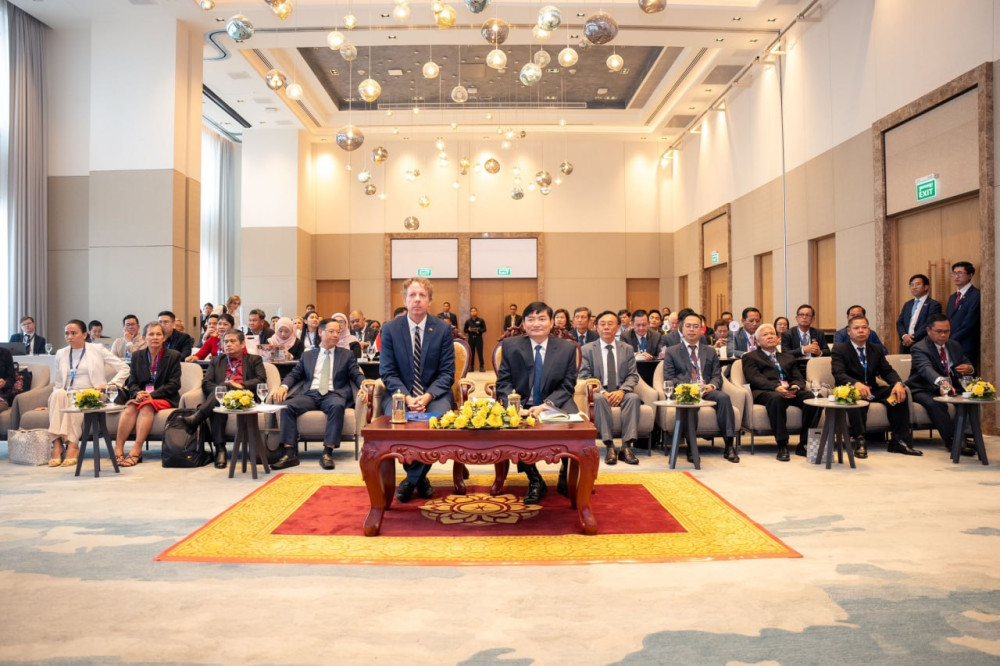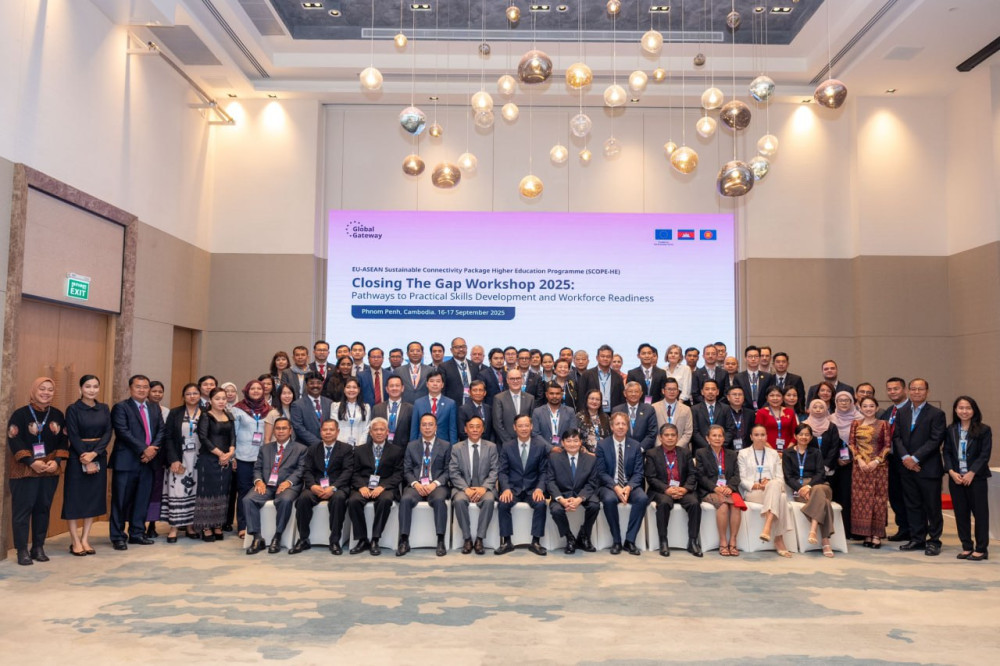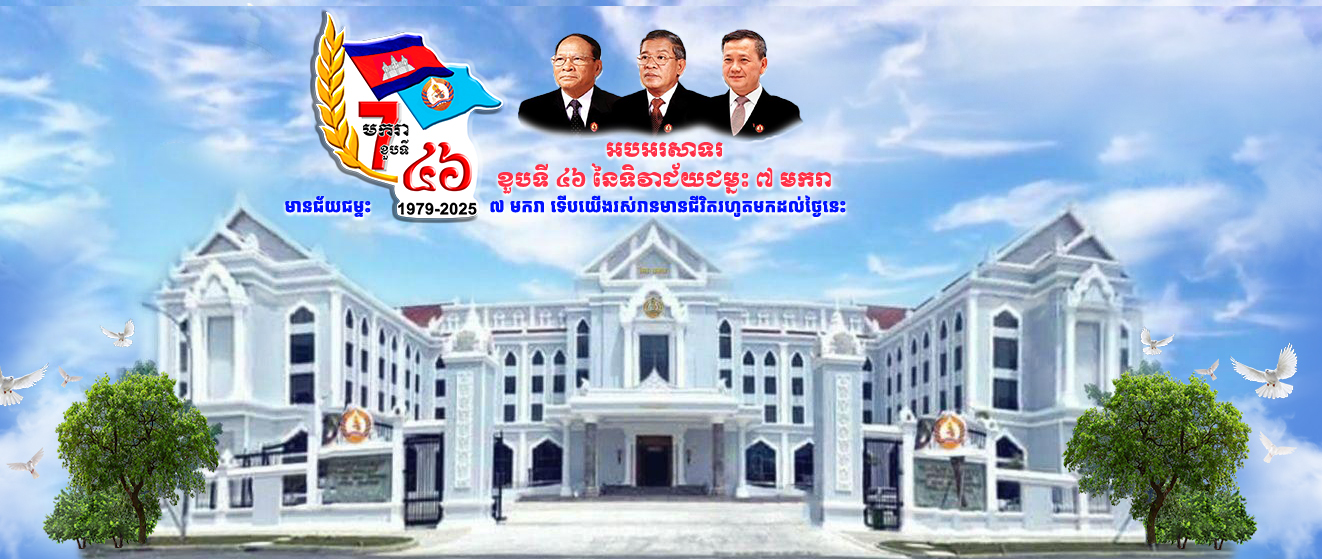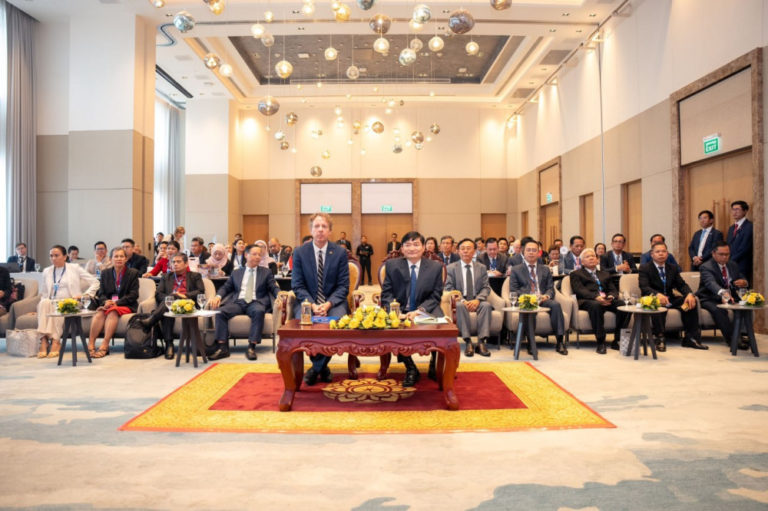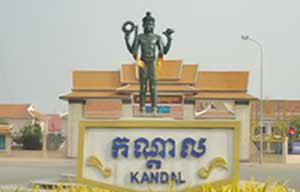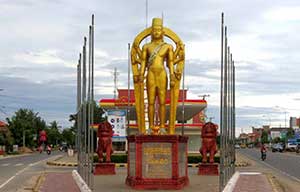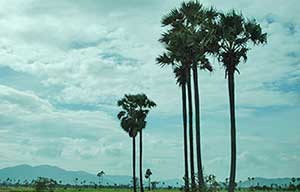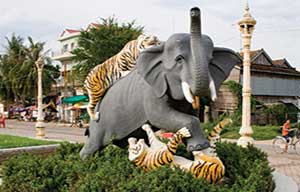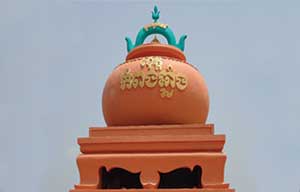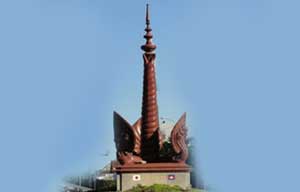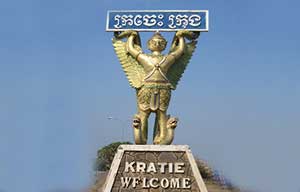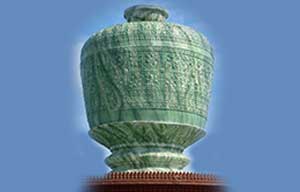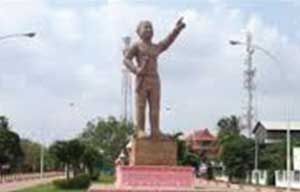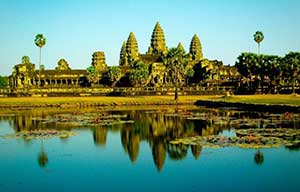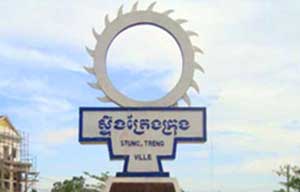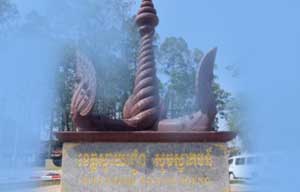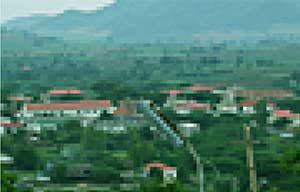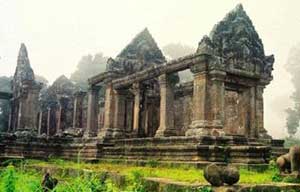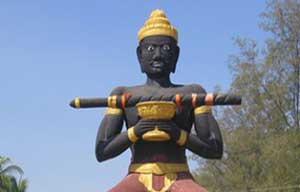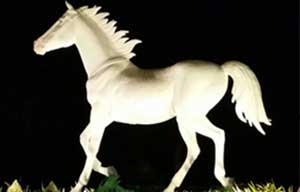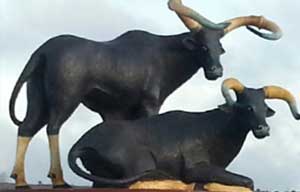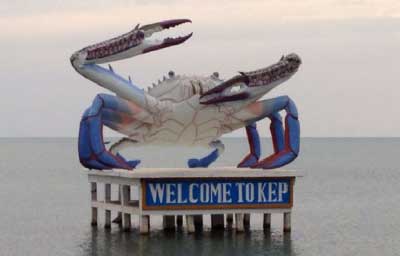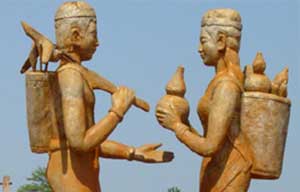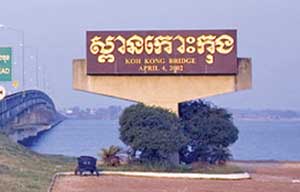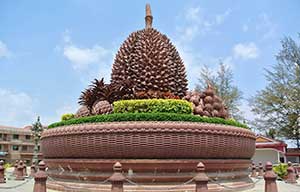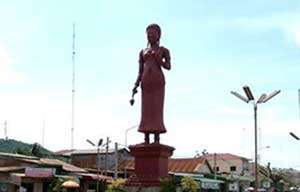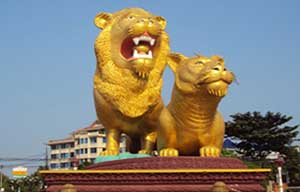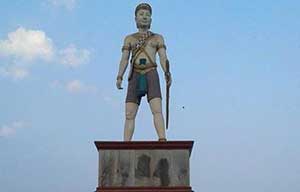The European Union (EU) and the Ministry of Labour and Vocational Training (MLVT) of Cambodia co-hosted on Sept. 16-17 in Phnom Penh the Closing the Gap Workshop, a key activity under the EU-ASEAN Sustainable Connectivity Package.
The workshop gathered over 50 regional stakeholders from governments, technical and vocational education and training (TVET) institutions, the private sector, and international organisations across all ten ASEAN member states and Timor-Leste.
According to a press release AKP received this morning, the workshop aimed to align TVET systems more closely with labour market needs, especially in the agri-food sector, which is a key driver of growth and employment across ASEAN.
Participants launched a new study on the employability of vocational graduates in the agri-food sector in ASEAN. The study provides an up-to-date overview of TVET graduate outcomes, revealing high employment rates alongside persistent skills mismatches.
“This workshop is an important platform for sharing experiences between ASEAN and the EU. Cambodia is committed to strengthening TVET so our young people are equipped for decent work in the digital and green economy. In Cambodia alone, over 50,000 additional direct jobs could be created by processing cashew nuts in the country,” stated H.E. Heng Sour, Minister of Labour and Vocational Training, Cambodia.
H.E. Igor Driesmans, EU Ambassador to Cambodia, affirmed: “Europe offers numerous support measures for job-creation in ASEAN, and the development of a skilled workforce in the agri-food sector is one of them. There is so much potential in the ASEAN agri-food sector, and the EU will continue to stand by farmers, producers and exporters as they seek to benefit from European expertise and access the European market.
The European Union is dedicated to fostering a resilient, skilled workforce, in partnership with ASEAN.
The European Union (EU) is an economic and political union of 27 Member States with a population of 470 million. Together, the EU has built a zone of stability, democracy and sustainable development while maintaining cultural diversity, tolerance and individual freedom. In 2012, the EU was awarded the Nobel Peace Prize for advancing the goals of peace, reconciliation, democracy and human rights in Europe. The EU is the world’s largest trading bloc. Collectively, the EU and its Member States are the largest donors of Official Development Assistance (ODA), providing more than half of ODA globally.
The 27 Member States of the EU (in protocol order) are: Belgium, Bulgaria, Czech Republic, Denmark, Germany, Estonia, Ireland, Greece, Spain, France, Croatia, Italy, Cyprus, Latvia, Lithuania, Luxembourg, Hungary, Malta, Netherlands, Austria, Poland, Portugal, Romania, Slovenia, Slovakia, Finland and Sweden.
